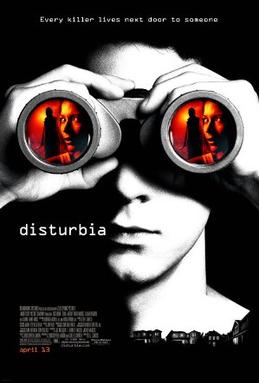All the News That's Unfit to Print
| I’m a firm believer in the notion that the mainstream news media spends entirely too much time reporting national news that isn’t really national news at all. Quite a bit of the information that is sold to you as national news falls into one of two categories. You’re either getting reports about celebrities or you’re getting local news stories that are being pushed as national news stories. Of course, there is news that does deserve to be covered on a national level. But not nearly as much as you’d think. The first category, celebrities, is pretty obvious. Michael Jackson’s trial. Martha Stewart’s departure from prison. Oprah giving away some cars that weren’t hers to begin with. In some sense, even news reports about corporations fall into this category. When Coke comes up with a new drink, or when Burger King comes up with a new sandwich, it’s important news. But these things only have bearing on your life to the degree that you continue to suck from the teat of the corporate infotainment complex. If you stop paying attention to these things, you’ll be no worse. I guarantee it. The second category seems a big more tricky, at least on the surface. But really, it’s not. Most national stories are really local stories. Laci Peterson’s murder? Should’ve been a local story. Terri Schiavo? Should’ve been a local story (until the media sold it to George Bush and Congress, at which point it turned it into a national story). The Red Lake school shootings? Should’ve been a local story. That’s not to say that these occurrences aren’t important, or that they don’t have bearing on our lives. They do, and they are, because in some way they speak to the human condition. But is Laci Peterson any more important than the unsolved murder in your own hometown? No. Is Red Lake any more important or any more tragic than any other shooting or instance of multiple deaths? No. Is Terry Schiavo any more important than any other person in a vegetative state who may or may not have wanted to die without the benefit of a feeding tube? No. These stories are only special to the degree that they speak to the emotional side of us. These stories are national stories because they make us angry or sad. These stories are national stories because we will watch them. And if we watch them, ads can be sold. And if ads can be sold, news companies can make money and stay in business. And so it goes and so it goes. Under the guise of “staying informed,” our emotions are manipulated. But we don’t really know what’s going on. We know the big stories, but these are only the big stories because the news companies say they are. Meanwhile, we miss the things that are right in front of our faces. |























